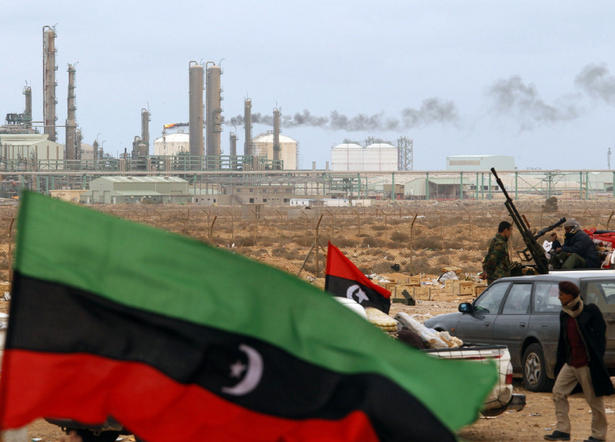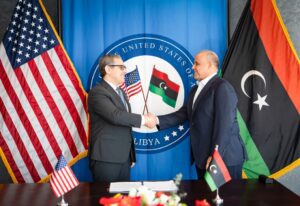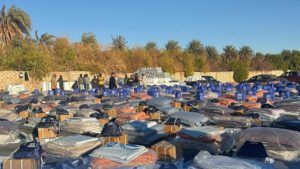Since April 18, the Libyan economy has been enduring a very heavy loss of revenues; not any revenues: the one and only source of income for the whole country – oil revenues. This was because of the blockade on oil exports and production in almost all of the ports and fields of the Oil Crescent region by locals who presented a list of demands for the reopening of the oil facilities.
Triggering Actions
Tribal leaders in the Oil Crescent region announced halting oil production in southern and central Libya until Prime Minister Abdul Hamid Dbeibeh hands over power to the newly appointed government of Fathi Bashagha.
They also called for the sacking of Mustafa Sanalla, head of the National Oil Corporation (NOC), and for the appointment of a new board for the company.
The locals’ demands were triggered, as they said, by the announcement of Dbeibah’s Finance Ministry that NOC transferred $6 billion of oil revenues to its account in the central bank.
Conflicting Remarks
A tribal group loyal to Khalifa Haftar in eastern Libya, called elders and dignitaries of Oil Crescent Region, announced Wednesday continuation of shutting down oil ports and fields as well as exports’ blockade despite the announcement of resumption output and reopening ports and fields that came on Tuesday by the so-called Oil Crescent Bloc, which was reiterated by the Prime Minister-designate Fathi Bashagha.
The Oil Crescent Bloc announced late on Tuesday evening the reopening of oil fields and ports. In a video statement, the Bloc said: “As per the instructions of the Speaker of Parliament, Aqila Saleh, regarding opening the oil fields and ports, it decided to open the oil fields and ports immediately.”
The tribesmen said the oil facilities wouldn’t be reopened until their demands were approved, including the stepping down of current PM, Abdul Hamid Dbeibah, and appointment of a Bashagha and his government.
Bashagha said the “Oil Crescent Bloc” reopened oil fields and ports on Tuesday after efforts of his government and the House of Representatives (HoR), posting on Twitter footage for the Bloc’s statement that reaffirmed the resumption of oil operations after instructions “from HoR Speaker Aqila Saleh.”
Comments by Oil Sector
However, the National Oil Corporation (NOC) said production and exportation operations were still on halt as foreign companies and oil tankers awaited NOC’s announcement for the resumption and lifting of force majeure to restart operations as usual.
Libya’s Oil and Gas Ministry has welcomed the resumption of oil production, which it said would have positive effects on the Libyan economy and oil infrastructure, urging for keeping the oil and gas sector neutral away from political polarization.
The Oil and Gas Ministry said in a statement it had been following the closure of oil ports and fields from the onset via a special committee which contacted all relevant parties across Libya to look into the truth behind the closure, saying despite the fact that some of the demands of the locals, where the oil facilities were located were right, they didn’t take part in or consent to the blockade.
The statement added that the committee reported that no civilian party was responsible for or related to the oil closure in the fields and ports which were reopened by the same parties that ordered the shutdown in the first place.





